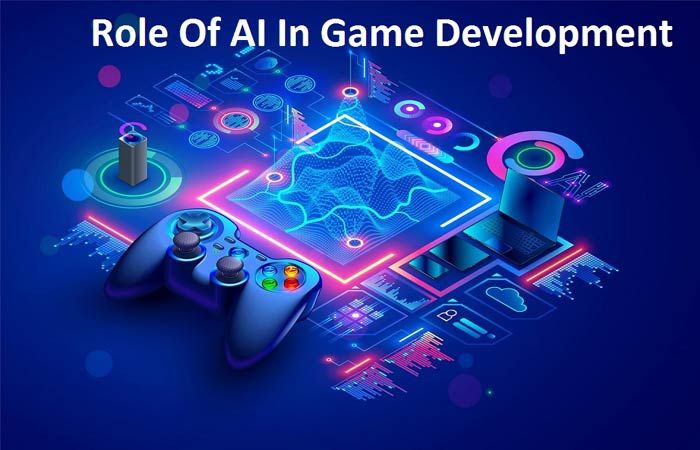
In the dynamic world of gaming, quality assurance plays a crucial role in ensuring the games’ success. Traditionally, game testing involved manual processes, often time-consuming and prone to human error. However, the emergence of Artificial Intelligence (AI) has revolutionized the game testing landscape, enabling faster and more efficient testing methods.
What is Artificial Intelligence?
Artificial Intelligence refers to the simulation of human intelligence in machines designed to think, learn, and problem-solve like humans. Through machine learning algorithms and deep neural networks, AI systems can acquire knowledge and make informed decisions based on vast amounts of data.
The Benefits of AI in Game Testing
1. Automation: The introduction of AI in game testing allows for the automation of repetitive and time-consuming tasks. AI algorithms can perform testing scenarios consistently, identifying bugs, glitches, and other issues more quickly than manual testing.
2. Enhanced Efficiency: With AI-powered game testing, developers can gather vast amounts of data and generate comprehensive reports in significantly less time. This allows for quicker bug resolution and optimization, ultimately boosting the game’s overall quality.
3. Increased Test Coverage: AI systems have the ability to test a game’s functionality across various platforms, devices, and scenarios simultaneously. This ensures comprehensive test coverage and a better understanding of the game’s performance in different environments.
4. Improved Bug Discovery: AI algorithms can intelligently analyze gameplay patterns and identify potential issues that may have been overlooked by human testers. This leads to more effective bug discovery and prevention strategies.
Challenges and Limitations
While AI in game testing offers numerous advantages, it still faces certain challenges and limitations:
1. Lack of Human Interpretation: Unlike manual testing, AI cannot entirely replicate human intuition and emotional response. Games often rely on complex experiences and user interactions, which can be challenging for AI algorithms to accurately evaluate.
2. Learning Curve: Implementing AI in game testing requires specialized knowledge and expertise. Developers must invest time and resources into training AI systems to accurately assess and analyze game components.
3. Cost: Developing and implementing AI-powered game testing solutions can be costly, especially for smaller game development studios. The initial investment is often significant, making it important to weigh the potential benefits against the associated expenses.
The Future of AI in Game Testing
AI advancements will continue to shape the future of game testing. As machine learning algorithms improve, AI systems will become even more intelligent in detecting complex bugs and evaluating user experiences. The ability to analyze player behavior and provide personalized testing scenarios opens up new possibilities for enhancing game quality and user satisfaction.
In conclusion, the incorporation of Artificial Intelligence in game testing is transforming the industry by offering automation, increased efficiency, wider test coverage, and improved bug discovery. While there are challenges to address, the potential for AI to revolutionize game testing is undeniable. Developers who adapt to these technological advancements can expect faster, more accurate detection of issues and an overall enhancement in the gaming experience.


